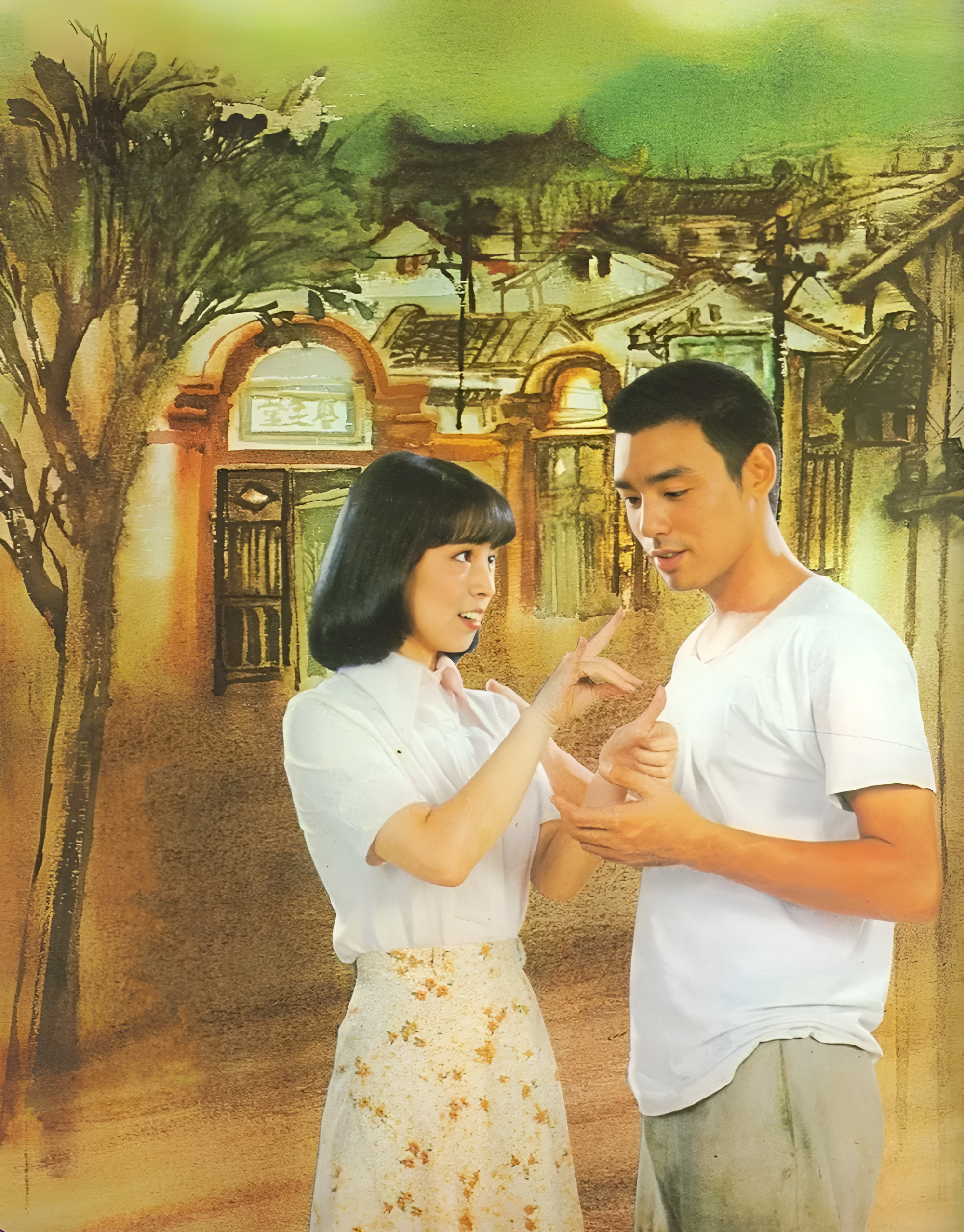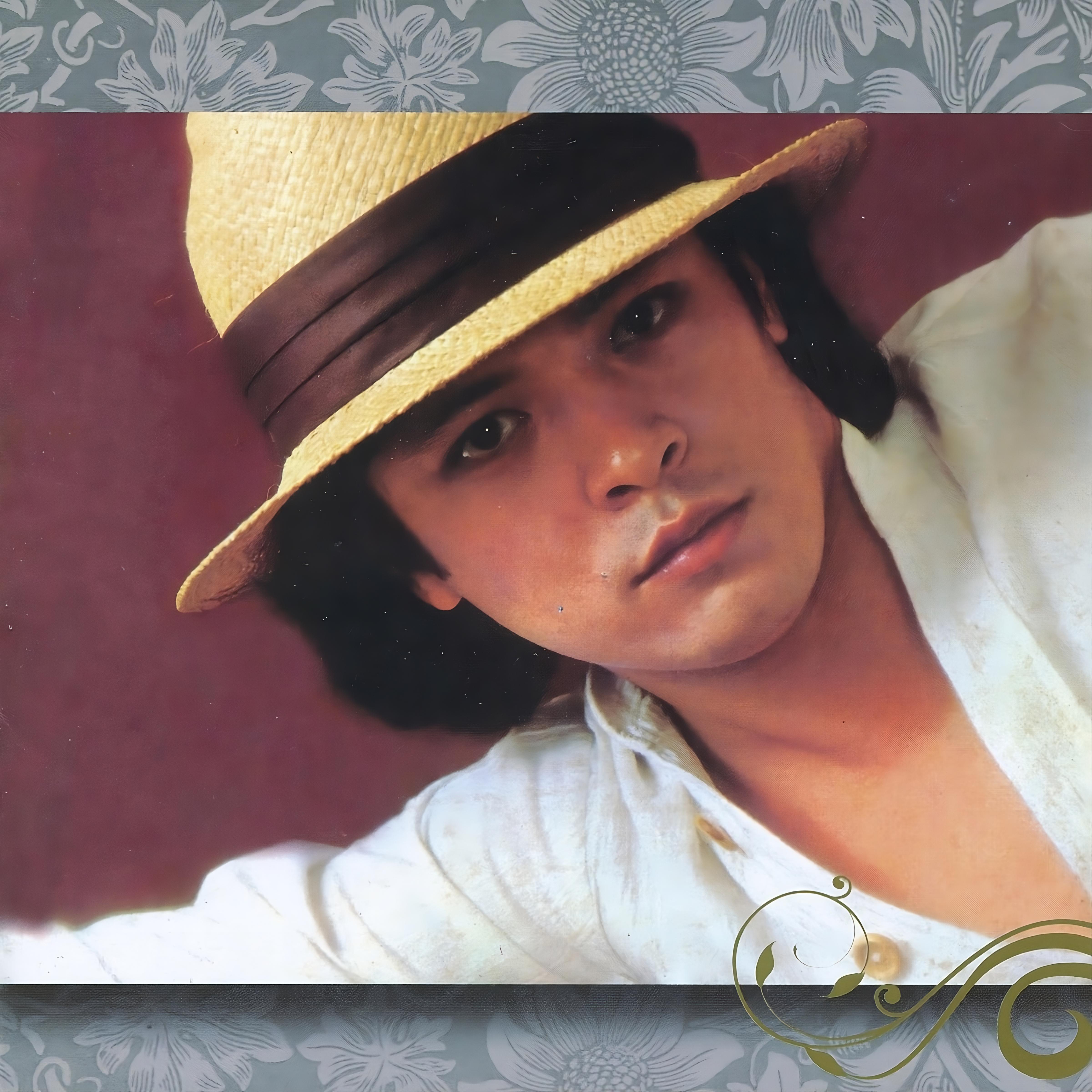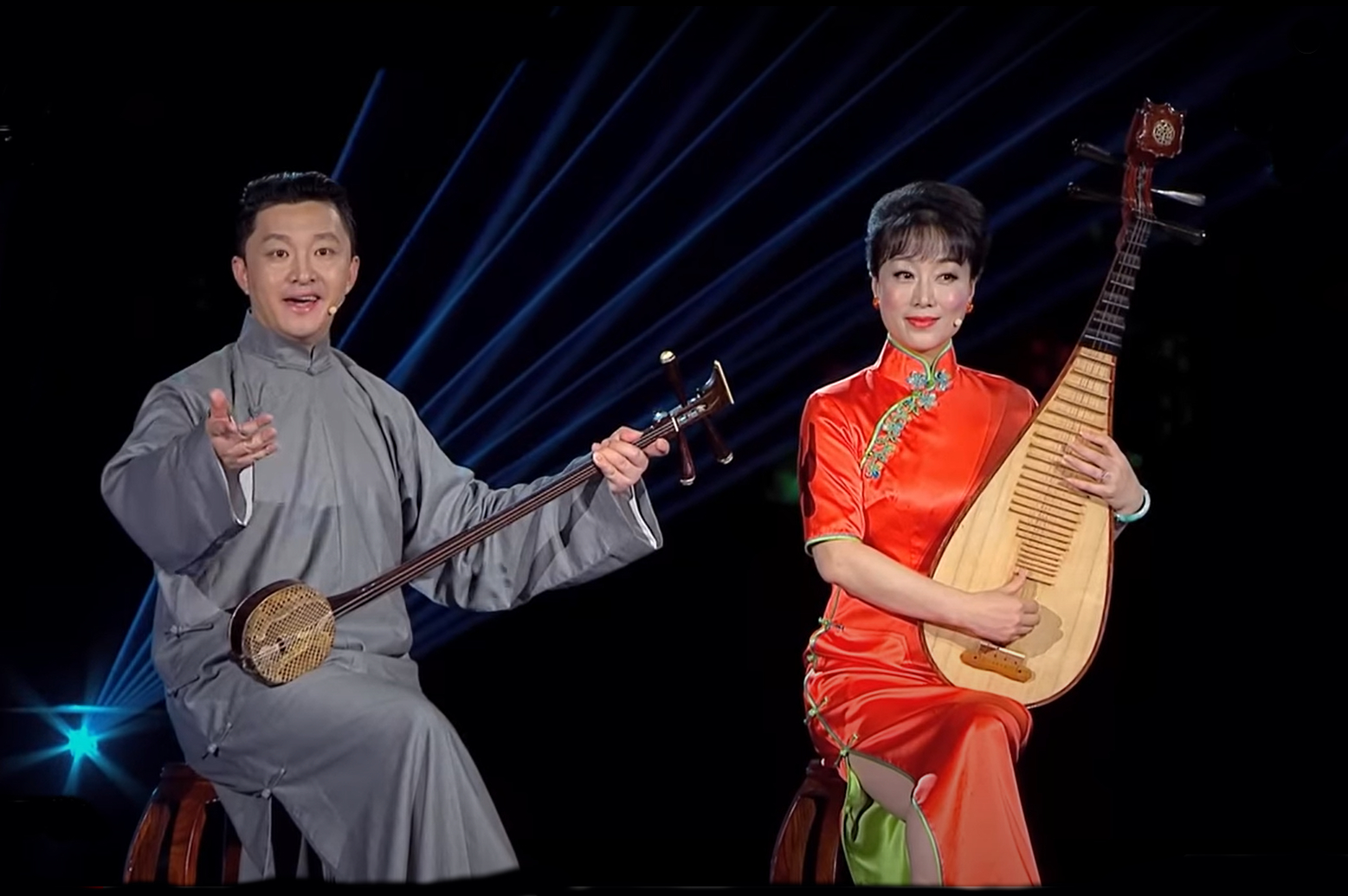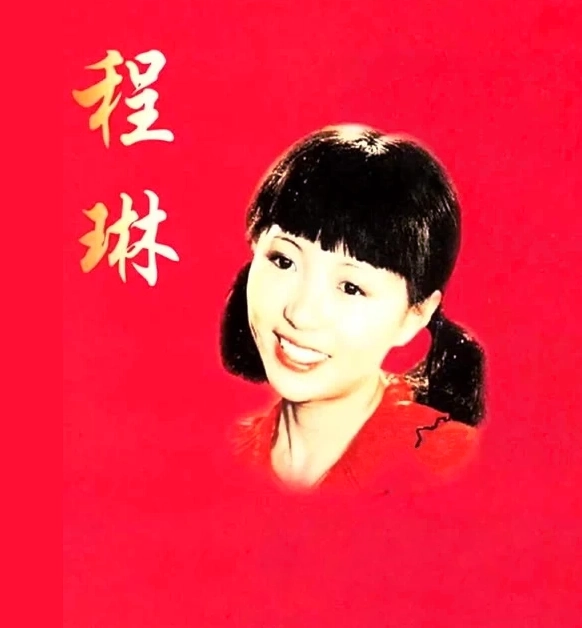
你问我爱你有多深
我爱你有几分
我的情也真
我的爱也真
月亮代表我的心
你问我爱你有多深
我爱你有几分
我的情不移
我的爱不变
月亮代表我的心
轻轻的一个吻
已经打动我的心
深深的一段情
叫我思念到如今
你问我爱你有多深
我爱你有几分
你去想一想
你去看一看
月亮代表我的心
轻轻的一个吻
已经打动我的心
深深的一段情
叫我思念到如今
你问我爱你有多深
我爱你有几分
你去想一想
你去看一看
月亮代表我的心
你去想一想
你去看一看
月亮代表我的心

苏霈唱,原名苏爱伦,1968年7月出生于台湾台北,祖籍湖北省黄石市大冶市,中国台湾女歌手,其妹妹为台湾歌手苏慧伦。擅长诠释20世纪20年代国语老歌及小调歌曲,有着“小小周璇”之美誉。

凤飞飞唱, 林秋鸾(1953年8月20日—2012年1月3日),艺名凤飞飞,绰号帽子歌后、劳工天使等,台湾女歌手、演员、主持人。至今,她在台湾、中国大陆及东南亚华语社群具有举足轻重的地位。

張帆唱, 张帆出生于1922年9月22日。1935年,年仅13岁的张帆考进了黎锦晖先生创办的明月歌舞团,开始在歌舞剧、话剧、电影界展露艺术才华。
香槟酒气满场飞 钗光鬓影恍来回
爵士乐声响 跳rumba才够味 嘿!
你这样乱摆我怎样随 你这样美貌我这样醉
爵士乐声响 跳rumba才够味 嘿!
勾肩搭背 进进退退 步也徘徊 爱也徘徊
你这样对我媚眼乱飞 害我今晚不得安睡
他们跳rumba我也会 跳得比他更够味
爵士乐声响 对对在满场飞 嘿!

李谷一演唱

王菲Faye Wong演唱

雷佳演唱
 廖昌永演唱
廖昌永演唱








可能南方的阳光 照着北方的风
可能时光被吹走 从此无影无踪
可能故事只剩下 一个难忘的人
可能在昨夜梦里 依然笑得纯真
可能北京的后海 许多漂泊的魂
可能成都小酒馆 有群孤独的人
可能枕边有微笑 才能暖你清晨
可能夜空有流星 才能照你前行
可能西安城墙上 有人誓言不分
可能要去到大理 才算爱得认真
可能谁说要陪你 牵手走完一生
可能笑着流出泪 某天在某时辰
可能桂林有渔船 为你迷茫点灯
可能在呼伦草原 牛羊流成风景
可能再也找不到 愿意相信的人
可能穿越了彷徨 脚步才能坚定
可能武当山道上 有人虔诚攀登
可能周庄小巷里 忽然忘掉年轮
可能要多年以后 才能看清曾经
可能在当时身边 有双温柔眼晴
可能西安城墙上 有人誓言不分
可能要去到大理 才算爱得认真
可能谁说要陪你 牵手走完一生
可能笑着流出泪
可能终于有一天 刚好遇见爱情
可能永远在路上 有人奋斗前行
可能一切的可能 相信才有可能
可能拥有过梦想 才能叫做青春
 让我们爬上云端
让我们爬上云端
更接近那蓝的天
最高的山峰在眼前
地上的弯弯流水
好像一条银项链
看一看山脚下
又像一座小花园
我们爬的高
我们看的远
把欢乐和美妙的
歌声散播在山水间
小燕子飞在身边
它不停地在呢喃
欢迎我来到大自然
你看那阳光灿烂
它晒红了我的脸
我们在高山上
渡过快乐的一天
我们爬的高
我们看的远
把欢乐和美妙的
歌声散播在山水间

Dominio de Pingus is a Spanish winery located in Quintanilla de Onésimo in Valladolid province with vineyards in La Horra area of the Ribera del Duero region. The estate's flagship wine, Pingus, is considered a "cult wine", sold at extremely high prices while remaining very inaccessible,[1][2] and commands an average price of $811 per bottle.[3]
The winery also produces a second wine, Flor de Pingus, and a special cuvée, Ribera del Duero "Amelia". Recently, Dominio de Pingus has founded a joint project with local grape producers to make an old vine tempranillo called "PSI".
Dominio de Pingus was established in 1995 by Danish oenologist Peter Sisseck, also manager of the Pesquera de Duero estate Hacienda Monasterio.[4] On the estate's winemaking philosophies, Sisseck has stated, "The vines in my plots are very old. They have never been fertilised nor treated with pesticides and all grow following the traditional en vaso system. They are perfect."[4]
About the first 1995 vintage of Pingus, Robert Parker declared, "One of the greatest and most exciting wines I have ever tasted".[5] With a very limited first vintage production, only 325 cases were made with prices initially set at US$200 per bottle, it became yet more scarce when in November 1997 the ship transporting a U.S. bound shipment of 75 cases disappeared somewhere off the Azores in the North Atlantic Ocean.[6] The shipwreck resulted in a dramatic reaction in the US market, with prices soon rising to $495 per bottle.[5][6]
At the Ronda WineCreator conference of April 2008, Sisseck was angered by suggestions by Decanter editor Guy Woodward that some winemakers make wines to suit the palates of certain critics. In response he called Woodward's remarks arrogant for implying winemakers do not have their own opinions, adding, "I don't even think it is possible to do this."[7]
In 2007 it was announced that the Spanish government had approved plans to expand highway roads through the vineyards of Dominio de Pingus and other wineries, which was met with strong opposition by Sisseck who called it a "vengeful measure".[8]
Planted with very old vines of Tinto Fino, i.e. Tempranillo, the vineyards are 2.5 hectares (6.2 acres) in Barrosso with vines exceeding 65 years and 1.5 hectares (3.7 acres) in San Cristobal with vines older than 70 years, and the unusually low average yield of 12 hL per hectare. Since 2000, the viticulture has been biodynamic. Of the annual production of Pingus there is typically less than 500 cases, though in poor vintages no Pingus is made.
The production of the second wine Flor de Pingus, also 100% Tempranillo, is made with fruit from rented vineyards in the La Horra zone, with vines older than 35 years. Since the 2005 vintage, the viticulture has been biodynamic. The annual production is on average 4,000 cases.
Additionally there has been the single barrel cuvée, Ribera del Duero "Amelia", made from a vineyard parcel of 100+ year old vines with an average yield of 10 hL per hectare, with biodynamic viticulture since its initial 2003 vintage. The 2005 vintage had a production of 25 cases.
"PSI" is a joint project based on fruit produced by local grape growers from old tempranillo vines. The goal is to help grape producers and save old vines. Project was founded in 2006, first vintage was 2007. Grape growers are encouraged to employ biodynamic or organic vineyard management practices. The wine is made by Peter Sisseck and Pablo Rubio and sold under producer name Bodegas y Viñedos Alnardo. Vinification takes place in large concrete vats and aging in concrete and wooden tanks and oak barrels. Production of PSI 2009 was 9,600 cases, PSI 2010 was 16,600 cases.


















